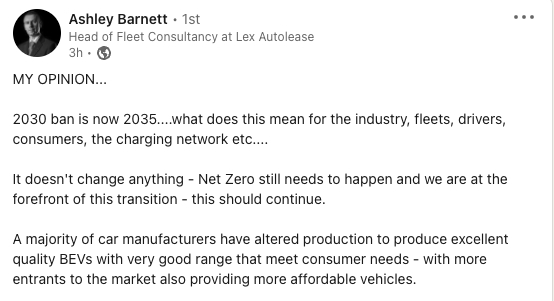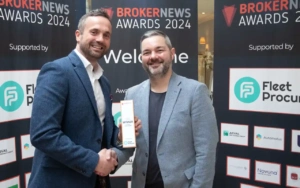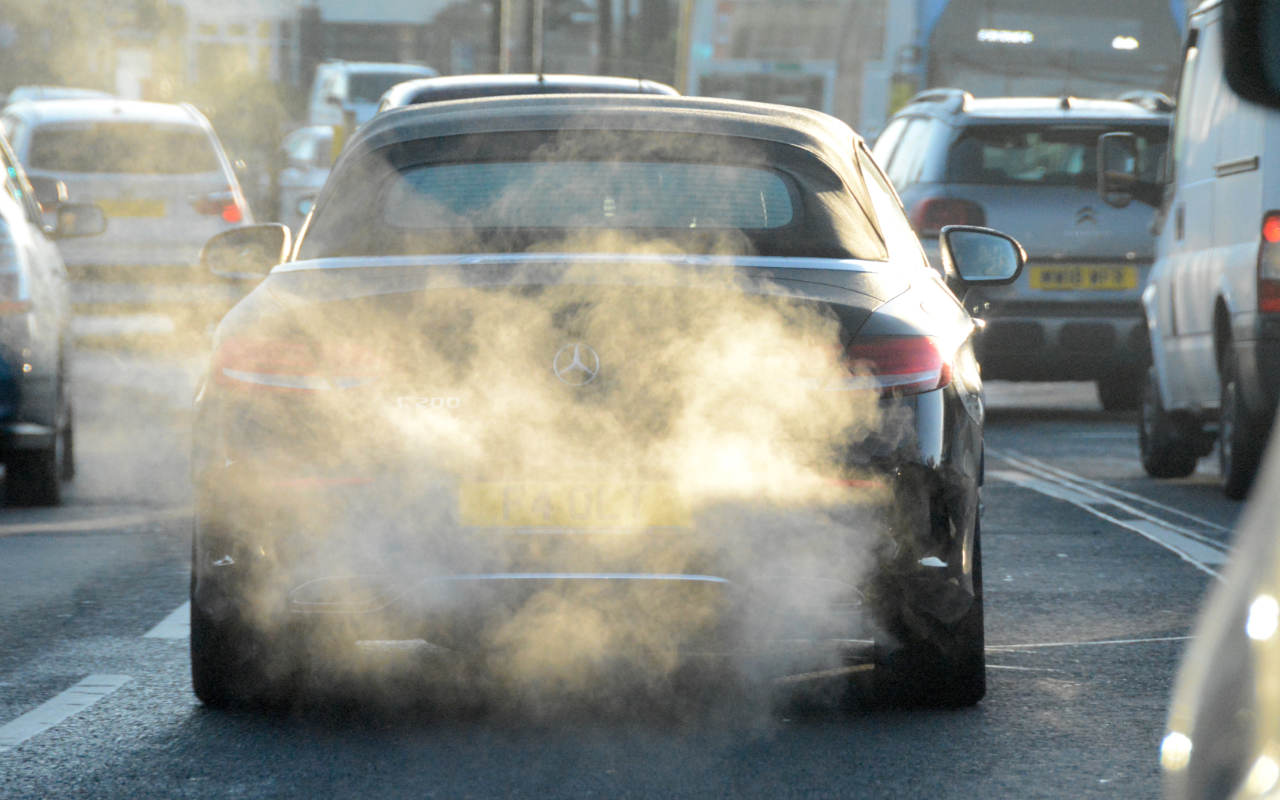ON A day when the BVRLA at its Fleets in Charge conference was highlighting what it termed the ‘dangerous gaps’ appearing in the government’s road to net zero, Prime Minister Rishi Sunak drove a gas-guzzling SUV straight through those gaps leaving the edges flapping in its CO2 emissions.
Mr Sunak, whose government had said the 2030 ban on the sales of new petrol and diesel vehicles was firm, has flipped the policy down the road to 2035.
Gerry Keaney, BVRLA chief executive, offered a measured response in the circumstances, saying:
The announcement will frustrate many while offering relief to others. Those that have made huge financial and strategic investments in this technology and mobilised their customers and workforces for decarbonisation will be worried that the government is applying the brakes.
Others will be grateful for the extra breathing space this delay provides. They will be hoping that it gives more time for costs to come down and consumer attitudes to change.
We await the further details that will show the true impact of today’s announcement. It is important that progress isn’t paused and momentum can be maintained. Either way, everyone is likely to have less trust in the Government’s Net Zero strategy and will think a lot harder before committing to any of its future strategies or roadmaps.
Gerry Keaney, BVRLA chief executive

OEMs like Ford were rather more blunt. Lisa Brankin, Ford UK’s chair (right) said: “Our business needs three things from the UK government: ambition, commitment and consistency. Relaxation of 2030 undermines all three.”
PCH market will struggle further with EVs
Whichever leasing broker you talk to, there’s continually an issue with retail leasing of EVs thanks to the perceived higher costs rather than the actual running costs, and a media campaign from right-leaning national media to discredit electric vehicles, playing to the fear factor of new technology.
There’s little question that the Prime Minister’s announcement will cause the retail market to stall further, as the business market pulls ahead.
The BVRLA’s report notes that:
The company-provided car market is leading the way, with the leasing sector driving uptake of new zero-emission vehicles. The sector is outperforming all others, with 53% of new cars being ZEVs. That strong performance is bolstered by popularity of salary sacrifice schemes, which are making electric vehicles more affordable to those on lower incomes thanks to fair Benefit in Kind rates.
BVRLA Road to Zero report card Tweet
And yet, with the Zero Emission Mandate – mandatory sales targets for zero emission vehicles – remaining in place, according to a report in the FT.com, the pressure will be on OEMs to ramp up EV sales.
More than that, OEMs are totally geared up to an electric future irrespective of political flipflopping. It’s a point made clear by Cox Automotive’s Philip Nothard:
Many manufacturers have already committed to a hybrid and EV-only model range ahead of 2030, while others will have drastically reduced the number of petrol and diesel models they produce by this date. Let’s not forget that the UK represents just shy of 3% of global new car sales and manufacturers are focused on the global picture, not the local one. So, while UK motorists may still be able to buy a new ICE vehicle beyond 2030, they will find a limited choice and prices that, thanks to the laws of supply and demand, will likely exceed those of hybrid and battery electric vehicles.
Philip Nothard, insight and strategy director, Cox Automotive Tweet
 On LinkedIn Ashley Barnett, head of fleet consultancy at Lex Autolease, said in his personal opinion (right) that the change of date “doesn’t change anything – Net Zero still needs to happen and we are at the forefront of this transition – this should continue.”
On LinkedIn Ashley Barnett, head of fleet consultancy at Lex Autolease, said in his personal opinion (right) that the change of date “doesn’t change anything – Net Zero still needs to happen and we are at the forefront of this transition – this should continue.”
Nevertheless, reckons ALD | LeasePlan’s Alfonso Martinez, the change of date will send “a confusing message to both businesses and consumers and hinder the ongoing efforts to decarbonise the mobility sector”.
For PCH brokers, it certainly seems a retrograde step for future EV sales.
Climate change ignored, air quality squandered
Less talked about in the Prime Minister’s announcement was the urgent action required to tackle climate change along with the UK’s air quality emergency.
Road transport is the largest contributor to emissions in the UK and the faster the transition to EVs, the less impact there will be on the nation’s health from air pollution from road transport.
Perhaps, though, the Uxbridge by-election, with its battle line drawn over the ULEZ extension, was the political motivation behind Mr Sunak’s flopping on the 2030 cut off.
In spite of this fairly naked politicking, DriveElectric’s Mike Potter remains upbeat:
Despite the government backtracking on its self-proclaimed climate leadership, DriveElectric believes that motorists will continue to make the move to EVs because they offer a better ownership experience, and the company remains committed to helping people make the transition and reach net zero.
Electric cars make sense financially because they last longer, need less maintenance, cost significantly less to fuel, and can cut electricity bills in half by using vehicle to grid technology. Such benefits also make EVs a much better buy for the second-hand market.
Mike Potter, managing director of DriveElectric Tweet

Broker News Awards 2024 – the winners
The Broker News Awards 2024 – supported by Fleet Procure – produced outstanding winners, with Synergy taking the Broker of the Year title

Broker News Newsletter 24 April 2024
Catch up on the latest leasing broker news in the 24 April 2024 Broker News newsletter

Leasing broker fleet down, but BCH is rising: analysis of BVRLA broker survey H2 2023
Analysis of the BVRLA leasing broker survey for H2 2023 shows the broker fleet is down, but BCH is on the rise

Novuna Vehicle Solutions and Select Lease by Mobilize add support to the Broker News Awards
Novuna Vehicle Solutions and Select Lease by Mobilize add support to the Broker News Awards 2024, which takes place in London on 25 April

Guest list for the Broker News Awards 2024
The guest list for the Broker News Awards 2024 contains a great list of the 85 leasing brokers, funders, suppliers and OEMs attending

Leasys UK now offers comprehensive short term rental service
Leasys UK announces a comprehensive short-term rental service. Customers can choose from a diverse range of vehicles

Ralph Morton is the leading journalist in the leasing broker sector and editor of Broker News, the website which provides information and news for BVRLA-registered leasing brokers. He also writes extensively on the fleet and leasing market in both the UK and Europe.



